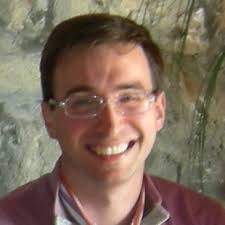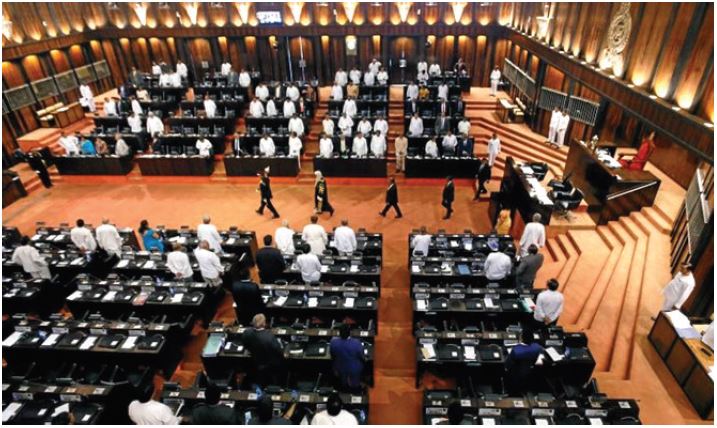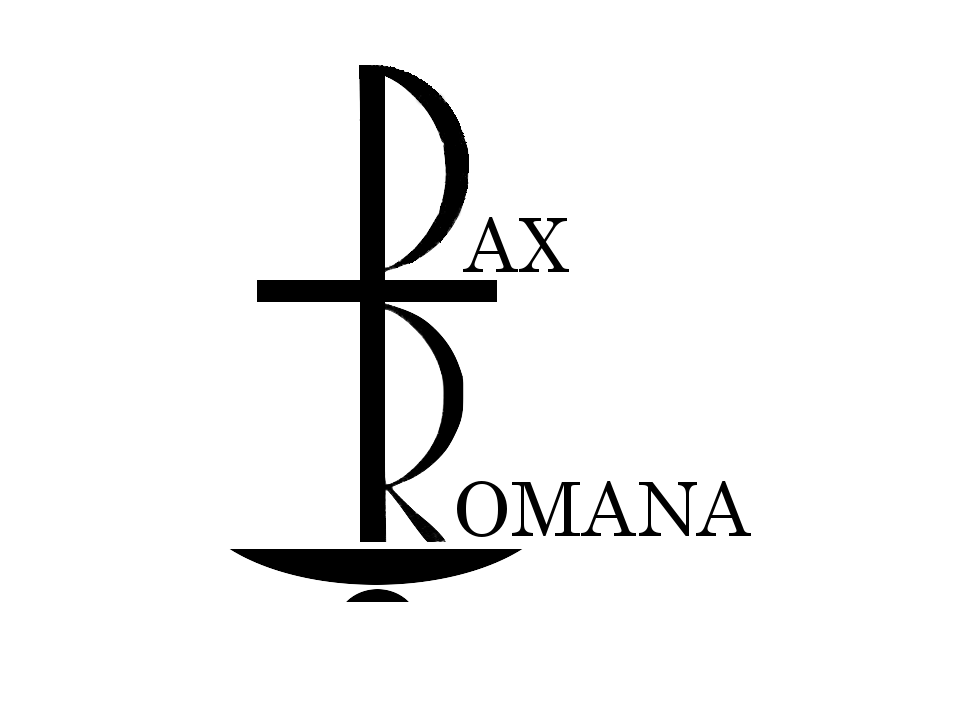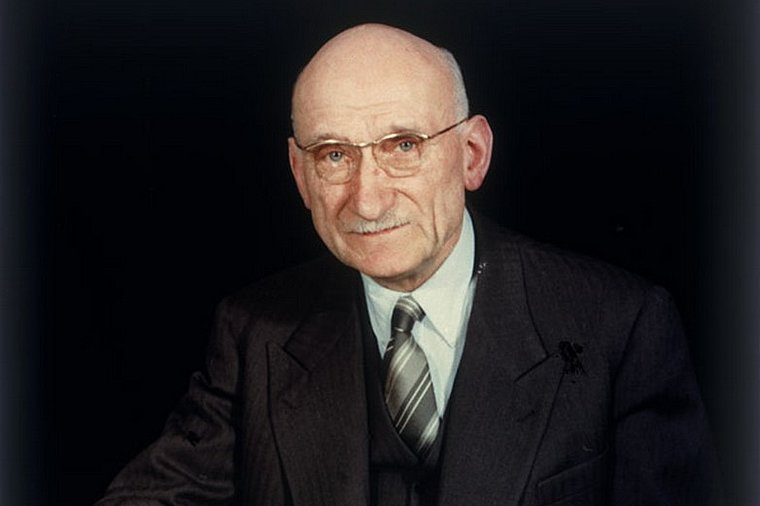 In May 2019 European people will elect the new European parliament and according to many analysts this election is going to be crucial for the future of the European Union. The rising of political parties and movements which consider the EU as the responsible for the economic crisis and for its consequences in terms of social security strongly challenge the very basis of the political project of a Europe unite in the diversity and ruled by democratic and effective institution. This scenario questions the existence of a European political perspective, since an increasing number of member states are ruled by governments which asks for a return to the central role of national state. Poland, Hungary, Czech Republic, Austria, Italy claim a return to the protection of the “national interest” and relevant political movements in Germany (particularly in Bavaria and East Germany), France and Belgium support this same position.
In May 2019 European people will elect the new European parliament and according to many analysts this election is going to be crucial for the future of the European Union. The rising of political parties and movements which consider the EU as the responsible for the economic crisis and for its consequences in terms of social security strongly challenge the very basis of the political project of a Europe unite in the diversity and ruled by democratic and effective institution. This scenario questions the existence of a European political perspective, since an increasing number of member states are ruled by governments which asks for a return to the central role of national state. Poland, Hungary, Czech Republic, Austria, Italy claim a return to the protection of the “national interest” and relevant political movements in Germany (particularly in Bavaria and East Germany), France and Belgium support this same position.
The Christians in Europe share the same troubles which distress our European countrymen. Within the Churches, particularly the Catholic one, is evident the emergence of the same social and cultural wounds that divide our countries and the fascination for a return to a national political perspective as a possible proper answer to the failure of Europe. This would involve the serious risk to accept and support a use of religion as a mean to create and strengthen political consensus, turning to the ancient catholic rhetoric against modernity and liberal democracy.
Considering this context, the development of an analysis concerning the relation between religion and politics in nowadays Europe, with a specific focus on Catholicism, would certainly support the development of new approach to democracy not just a matter concerning the public institution and their functioning but a more effective social practice and cultural behavior for all European people. Within the network of Pax Romana some people are developing discussions and analysis from the point of view of their own countries. Creating a European debate, connecting these multiple perspectives will certainly enrich the discussion and open the possibility to think together to a much more deep understanding of this historical turning point and to define a perspective for a democratic Europe within which Catholicism would offer a relevant contribution.
To do so we ask to friends of Pax Romana in the different European countries to join the forces to create a European debate on the issue of democratic politics and religion starting to share materials, ideas and analysis using the web. Namely, we offer the online journal Merleg (http://www.merleg-digest.eu), which is available to host contributions in English or French, to support and enlarge the discussion. We would like to create a sort of European community of thinking which will be able to organize workshops or symposiums on these issues and to be part of the European public debate on the future of our continent.





Leave A Comment
You must be logged in to post a comment.